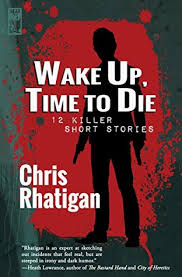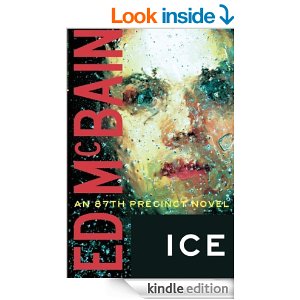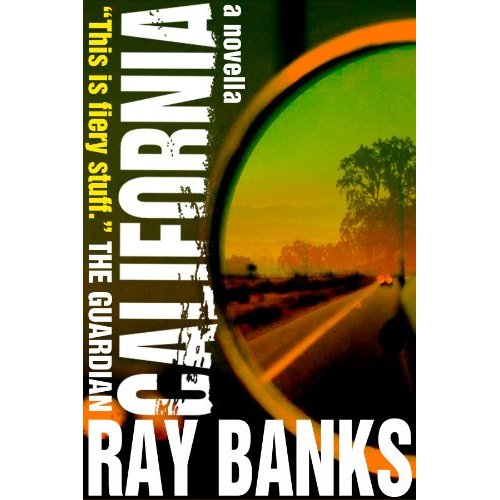SOUTHSIDERS

Southsiders published by Blasted Heath:
Ray Spalding's had enough of his wife, Paula. He's left his home in Edinburgh's Southside and headed for Belfast. It's safer there.
Unknown to Ray, Paula's also had enough of him. She's not going back home. Not now, not ever.
Jesse Spalding wakes up one morning to find both his parents gone. And he can't tell anyone or he'll be taken into care.
As time passes and bills need paying, all Jesse can rely on are his wits, his friend Archie and his dad's 1950s record collection.
Southsiders is a powerful short novel that follows the spiralling fortunes of Ray and Jesse, pushing father and son to their limits while they struggle against the odds in the darker shadows of two of Britain's capital cities.
So far the welcome has been favourable. Here are a few snippets from reviews along with links where appropriate:
'Southsiders is defintiely a book that is going to travel by word of mouth however, and it deserves to. I say this because it isn't a crime thriller, and calling it a family drama does it no justice whatsoever. At one moment, the pages turn as if it were a taut, issue-driven novel, but when it ventures into the mind of its twelve year old lead, it behaves like a Roddy Doyle-style response to the issues at the heart of childhood.'
'Southsiders plays to all of Bird’s many strengths—the lyrical writing, the working-class characters, the talent for word play (each chapter is the title of a classic rock and roll song). This is a perfect introduction to Bird’s work for the uninitiated—and those who already know him will love it too.' Chris Rhatigan (All Due Respect Magazine Issue 5)
'The result is a powerful and in the end happy tale.' Crime Fiction Lover
'This was a short but very engaging novel about a young man who finally found that coping by himself was preferable to living with constant fights in a filthy and unkempt home. I enjoyed it very much. If I had to pick a fault it was that I could happily have read a great deal more!' Kath Middleton, author
"The prose is tightrope taut and the plotting first class … a tense and thrilling novella" – Crimesquad.com on Mr Suit
"Grim, but really good" – Ian Rankin on Smoke
Just now it's available for the release price of 99c.
SOUTHSIDERS is available for $1.72 via Amazon just now, as well as from Barnes and Noble, Kobo, Waterstones, Easons and Overdrive libraries.





 1
1



